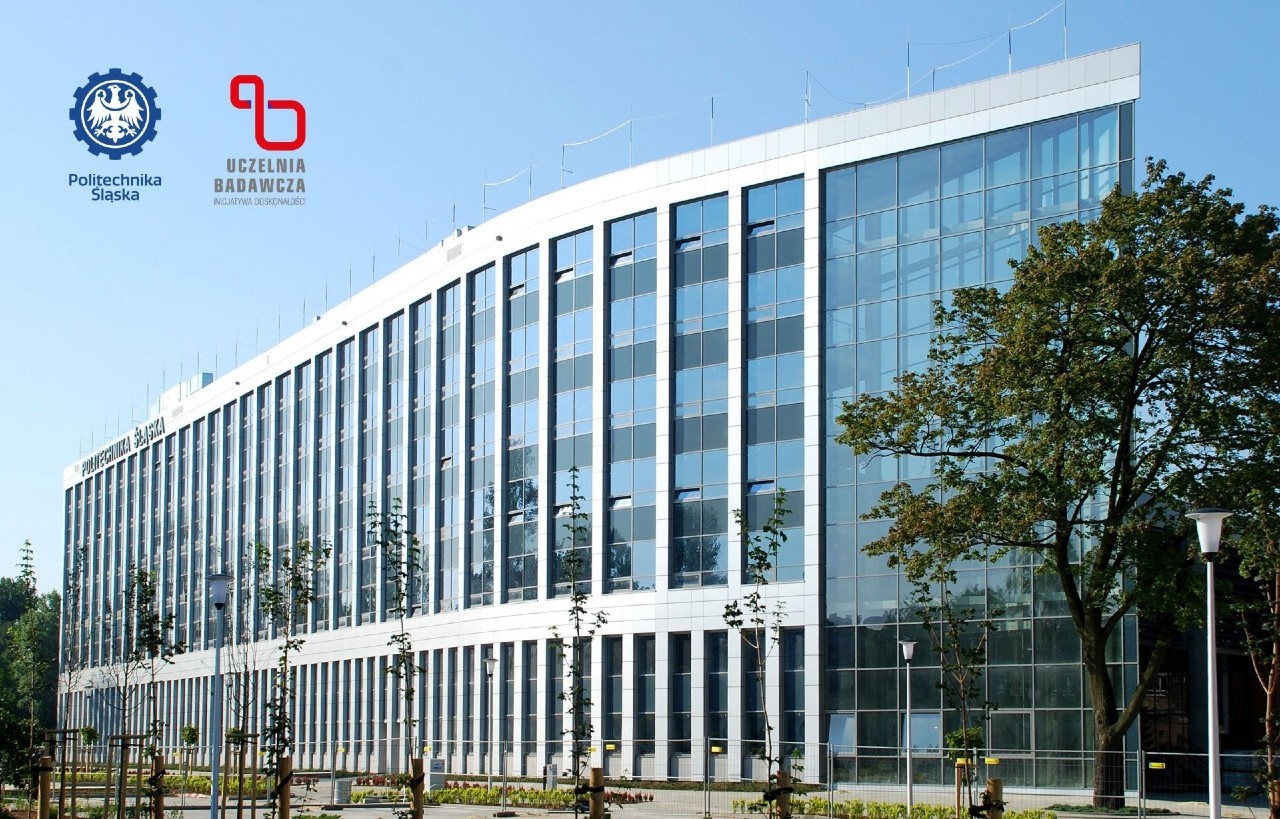The SEFI Early Career Researchers’ Club is a 9-month initiative designed to support and connect…
Ilmas Futehally, Executive Director Strategic Foresight Group, Mumbai, India

Any two countries engaged in active water cooperation do not go to war for any reason. This is the conclusion of the Strategic Foresight Group (SFG) after analysing 286 shared river basins across 146 countries. Using this data, we ranked each of the river basins using the Water Cooperation Quotient made up of 10 different parameters on a weighted scale. The greatest weightage was given to four parameters. One of these is water infrastructure- an issue of interest to the engineering community.
A top score is given when riparian countries agree that all infrastructure related to transboundary water resources such as dams, reservoirs, irrigation networks, navigation systems are built with active collaboration and transparency in a way that takes into account the interest of all relevant riparian countries and not merely the host country of the concerned project. In an ideal situation, there could be any one of the following mechanisms in place. First, the infrastructure in any country is built only with prior approval and consent of other riparian countries. Second, infrastructure is built through joint or coordinated planning or with joint investment. Third, the infrastructure has joint ownership. This is of course a perfect situation, but in order to prevent conflict it is essential that countries build no infrastructure projects that do not have prior approval and have been built over the objections of other riparians.
One conflict over water infrastructure that has been in the news recently is that of the Grand Ethiopian Renaissance Dam (GERD) on the Blue Nile which is expected to be one of the largest hydro-power plants in Africa. The construction of the project began in 2011 over strident objections from Egypt and Sudan, the two lower riparian countries. Over the past few years, there have been many negotiations between Ethiopia and Egypt, at times bringing them to the brink of war as no sincere effort has been made to construct an equation that would satisfy the needs of people and environment in the region. If from the beginning an ethical approach of cooperation and joint decision making had been made, much before the construction had started, the current impasse would not have been reached.
Ms Ilmas Futehally can be reached at ilmas.futehally@sfgworld.com


